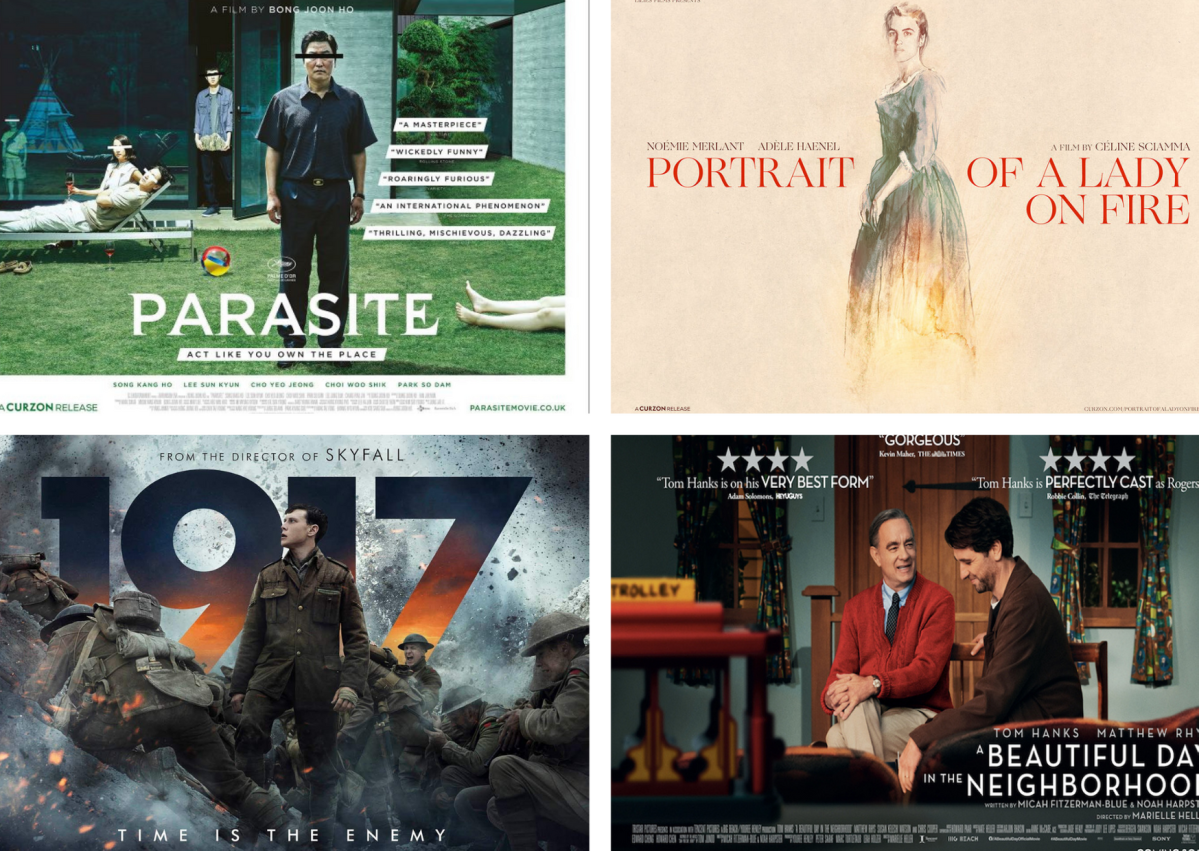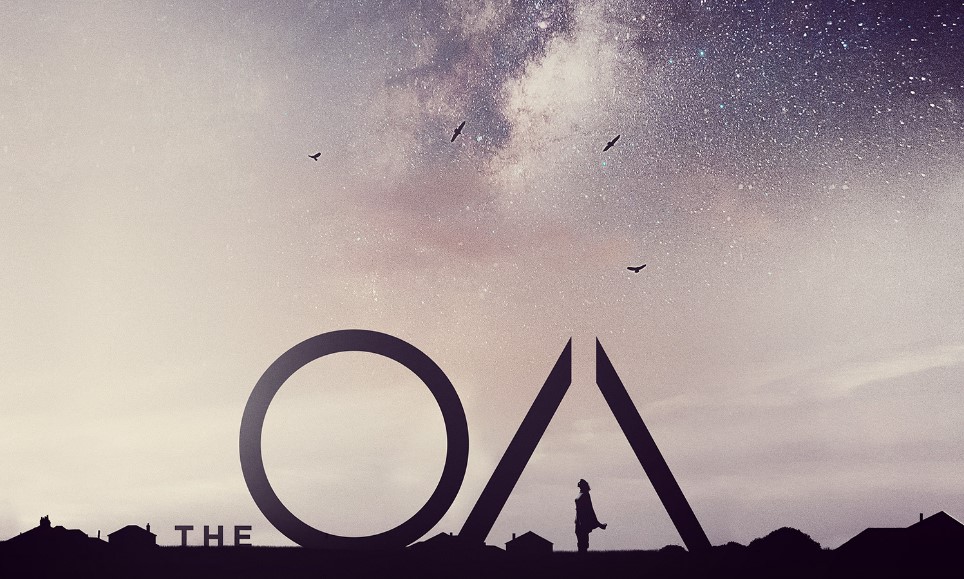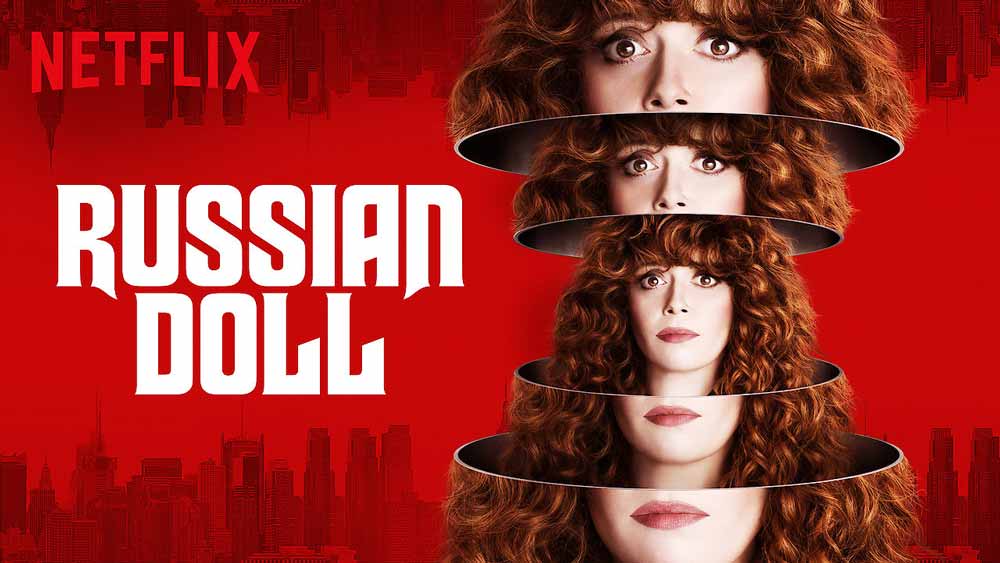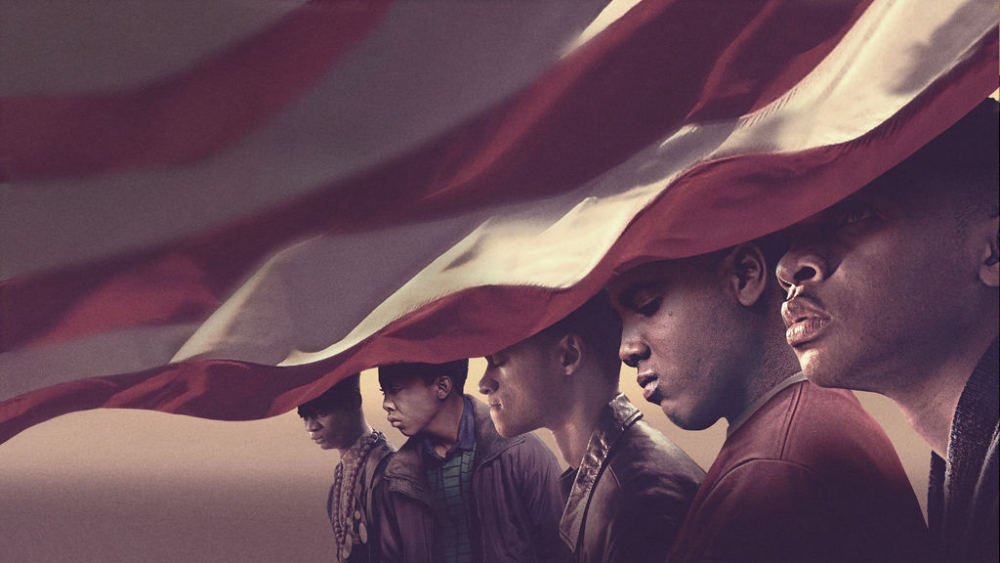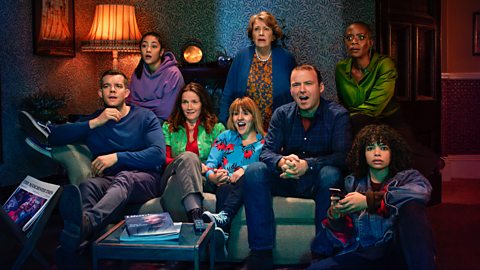After somehow managing to rack up a personal best of 40 books in one year, there were plenty of possible choices for my favourites of 2021, so this may get a little long. But here they are…
Men At Arms/Soul Music – Terry Pratchett


The best City Watch book (so far) immediately followed by the best Death book (so far). Sir Terry at the height of his powers.
First, the motley crew of characters introduced in Guards! Guards! returns along with a diverse batch of new recruits – troll, dwarf, woman – who stumble upon a murder mystery and must put their differences aside to solve it as unrest grows around Ankh-Morpork.
Discworld’s trademark mix of whimsical takes on fantasy tropes and thoughtful commentary on real life is evident here, as assassin Edward d’Eath goes to extreme lengths to ensure destiny’s path runs smoothly while the Watch learn how to effectively police the city’s melting pot of cultures and races.
And there’s a talking dog.
In Soul Music, Death takes another break from his day job to find out what it all means (you know, life, the universe and everything, etc) so his granddaughter Susan must follow in his skeletal footsteps after discovering her unusual ancestry.
Meanwhile, harpist Imp Y Celyn tries to make it in the big city and accidentally invents a new form of music, with rocks in, which has a powerful and supernatural influence on its frenzied listeners.
The two storylines run parallel for most of the book and it’s not entirely clear how the Discworld equivalent of a rock star biopic and Susan’s unusual coming-of-age tale will connect but they’re plenty entertaining enough on their own merits, and the point their paths eventually cross is cleverly done, then the climactic concert brings everything to a head in spectacular fashion.
Mr Loverman – Bernadine Evaristo

Barrington “Barry” Walker has been married for 50 years to Carmel, who has long suspected he’s been cheating on her. And she’s proven right, but not in the way she expects.
Barry has been seeing childhood friend Morris for years, before he even met Carmel, but the unaccepting culture of the time forced him to keep the love affair hidden and the longer he was married, the harder it became to tell her about it – but now, at 74 years of age, the truth is finally about to come out.
It would be so easy for this tale to be told in an insensitive, lurid, melodramatic fashion which focuses on the heartbreak of the situation above all else. But instead, we are dropped into Barry’s mind as he tells us the story of his life in a way which straddles the line between cheeky lovable rascal and selfish git. He’s an entertaining raconteur and both sides of his double life are vividly envisioned.
Though he is our viewpoint for the bulk of the book, Carmel has short, poetic chapters placed at precise moments which interrupt Barry’s narrative and express her hurt, her anger, and – still, despite everything – her love for the man she’s spent her entire life with.
Evaristo fully explores the complexity of these characters and relationships and the external factors which impacted them. Impressively, she does so in a way which seems effortlessly light and breezy and full of humour, with the same deep-seated compassion and empathy on display in Girl Woman Other just as evident here. No sermonising or belaboured point-making is needed – everything she wants to say is made clear in the way her characters behave.
The Nickel Boys – Colson Whitehead

A short, sharp shock of a novel. After adding a magical-realist twist to the Underground Railroad in his Pulitzer Prize-winning book of the same name, Whitehead strips away all artifice and surrealism to lay bare the full horror of a racist reform school in Florida – and wins the Pulitzer again.
Kind and curious teenager Elwood Curtis’ life is thrown off course by a misunderstanding which sends him to Nickel Academy, a segregated prison pretending to be a school which brutally mistreats the boys on its black campus (based on a real facility).
The optimistic youngster’s strong belief in the teachings of Martin Luther King, injustice always being punished and people being fundamentally good gets broken down by the arbitrary punishment system of the ‘academy’ and the suffering inflicted on him and his classmates, but his friendship with world-weary teen Turner helps both of them keep going.
Tense and tear-jerking passages build to a gripping finale as Elwood gathers evidence of the school’s cruelty and hopes to tell the world about the crimes the system is trying to keep quiet. A poignant look into the future shows how their time at Nickel affected the survivors who still struggle to come to terms with their trauma.
War Doctor: Surgery on the Front Line – David Nott

Not all heroes wear capes. Some wear scrubs.
David Nott reels off extraordinary anecdotes from the many months he spent performing medical procedures in war zones, and brings us into the middle of the most stressful situations imaginable.
You may be wondering how he ended up in that specialised profession, why he would volunteer to take time off from his London doctor duties to experience such traumas abroad, and why, after each narrow escape from death, he would keep voluntarily throwing himself back into the fray.
He’s happy to answer all of these questions and describe – with unassuming modesty – the heroic lifesaving work he’s done, not just in the operating theatre but also in helping young Syrians escape their bombarded homeland.
Speaking of surgery, it may be a little redundant to say this is not a book for the squeamish. Some of the operations are described in eye-watering detail and pose all manner of nightmarish life-or-death scenarios I never could have imagined before, with one involving a foetus which is so upsetting that Nott spends a few paragraphs warning us about it before he describes what happened in as clinical a way as possible in an attempt to minimise the reader’s distress (it doesn’t work).
I’m eternally grateful that people like him exist and show such unfathomable courage to help protect the innocent bystanders (and, sometimes, the fighters) caught up in these terrible conflicts.
This is Not Propaganda: Adventures in the War Against Reality – Peter Pomarentsev

What the hell is going on?
Rampant disinformation being spread online constantly, facts being intentionally ignored in favour of baseless speculation and lies, people making a concerted effort to rewrite history as it’s still happening and trying to make the truth seem frivolously unimportant.
Pomarentsev’s book digs into all of the nagging concerns which have been troubling me – and all of us – recently and delves into where it’s coming from, with incredible access to experts, frontline reports from those fighting the tide of twisted truths, and a bleak account of the state of the world with glimmers of hope peeking through. And his Dad grew up in Soviet Russia, so he’s well aware of the deceptive tricks deployed by power-hungry tyrants with malicious motives to gain and maintain control.
Alarming and eye-opening but also oddly reassuring in that it shows how others are experiencing this disorientation and dedicating immense time and effort into investigating the causes and combatting them. Whether they will succeed is another matter entirely…
Human kind: A Hopeful History – Rutger Bregman

If all that sounds a bit hopeless, Bregman is here to offer a different perspective on human history which suggests we are, fundamentally, a lot nicer than we tend to think.
His alternative account of the past requires no distortion of the truth but instead focuses on overlooked facts which show humanity’s underlying decency and busts myths about oft-repeated cautionary tales which are rolled out whenever people talk about our innate selfishness and hidden barbarity.
A soothing read which does not downplay actual examples of corruption and mass murder in its attempt to persuade us we’re mostly actually good, but puts them into a context which suggests that they are outliers.
He makes such a convincing case that I went through 500-odd pages without thinking ‘Hang on, but what about X? This is nonsense’.
Poignant paragraphs have popped up in my head quite often whenever things started seeming too bleak in the months after finishing it.
The Devil and the Dark Water – Stuart Turton

2021 had been rather heavy on non-fiction for me, so a hefty page-turning, genre-bending thriller was sorely needed.
Turton devises an ingenious murder mystery set on a doomed sea voyage in the 1600s. The Sherlockian detective is accused of murder and jailed below deck, so his loyal bodyguard has to figure out whodunnit – and, of course, there is no shortage of suspects.
Many on-board are convinced something supernatural is afoot and an atmosphere of Gothic dread gradually builds with each increasingly-inexplicable event that punctuates the Salaam’s journey, so that one expects the story to lurch full-tilt into horror at any point or wonder whether these monstrous deaths and bad omens have actually been caused by human hands.
The plotting becomes rather labyrinthine but each side character is so memorable that it’s fairly simple to follow how their personal plans, loyalties and desires cross with everyone else’s, even as the betrayals and coincidences and consequences pile up.
I felt clever at guessing one twist before anyone else in the story had cottoned on, then rather foolish when half a dozen other sleights of hand which had gone unnoticed were revealed.




